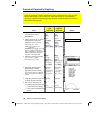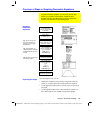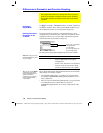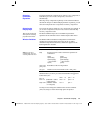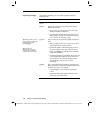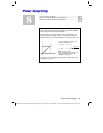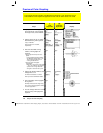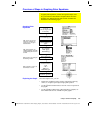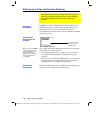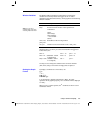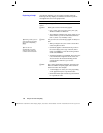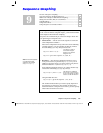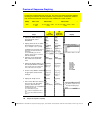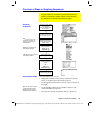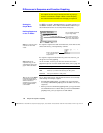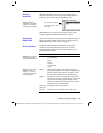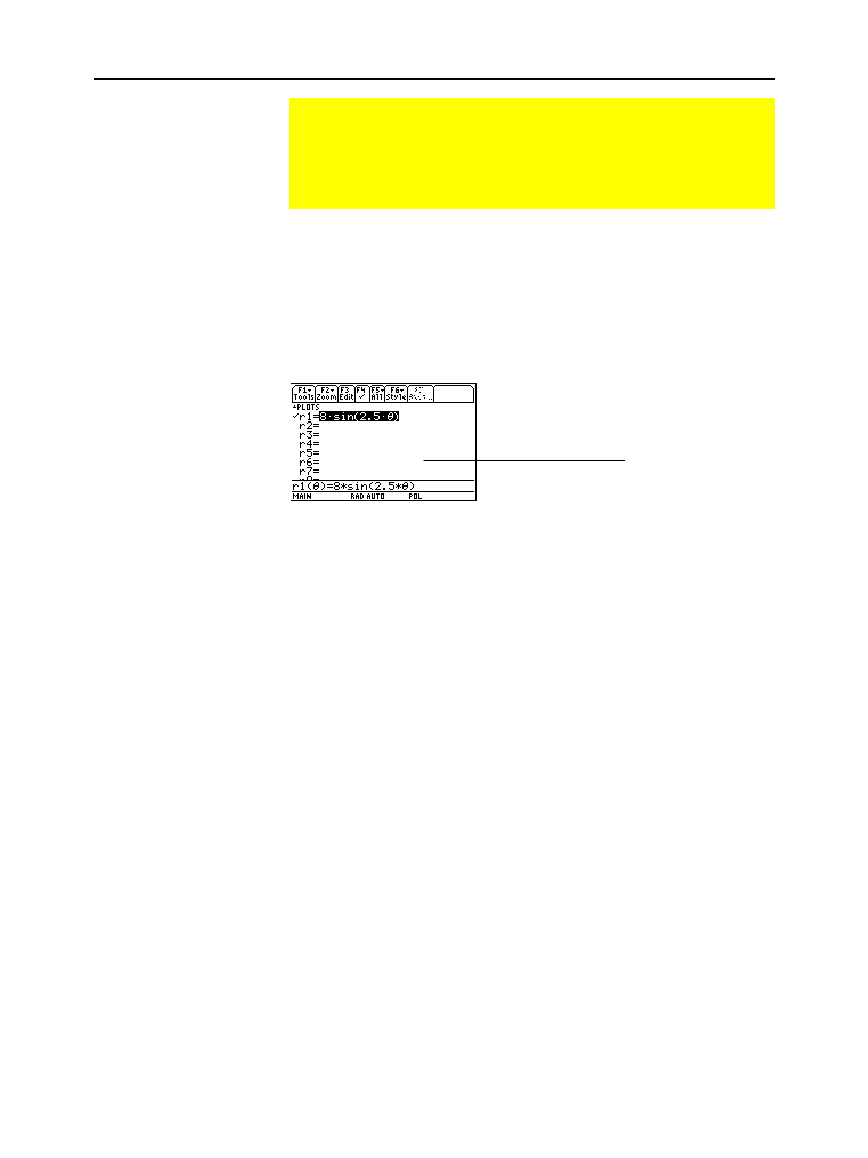
136 Chapter 8: Polar Graphing
08POLAR.DOC TI-89/TI-92 Plus: Polar Graphing (English) Susan Gullord Revised: 02/23/01 10:57 AM Printed: 02/23/01 2:14 PM Page 136 of 6
Use
3
to set
Graph = POLAR
before you define equations or set
Window variables. The Y= Editor and the Window Editor let you
enter information for the
current
Graph
mode setting only.
You should also set the
Angle
mode to the units (
RADIAN
or
DEGREE
)
you want to use for
q
.
The Y= Editor maintains an independent function list for each
Graph
mode setting. For example, suppose:
¦
In
FUNCTION
graphing mode, you define a set of
y(x)
functions.
You change to
POLAR
graphing mode and define a set of
r(
q
)
equations.
¦
When you return to
FUNCTION
graphing mode, your
y(x)
functions
are still defined in the Y= Editor. When you return to
POLAR
graphing mode, your
r(
q
)
equations are still defined.
The
Above
and
Below
styles are not available for polar equations and
are dimmed on the Y= Editor’s
Style
toolbar menu.
Differences in Polar and Function Graphing
This chapter assumes that you already know how to graph y(x)
functions as described in Chapter 6: Basic Function Graphing.
This section describes the differences that apply to polar
equations.
Setting the
Graph Mode
Defining Polar
Equations on the
Y= Editor
Tip: You can use the Defin
e
command from the Home
screen (see Appendix A) to
define functions and
equations for any graphing
mode, regardless of the
current mode.
Selecting the
Display Style
You can define polar
equations for r1(
q
)
through r99(
q
).



